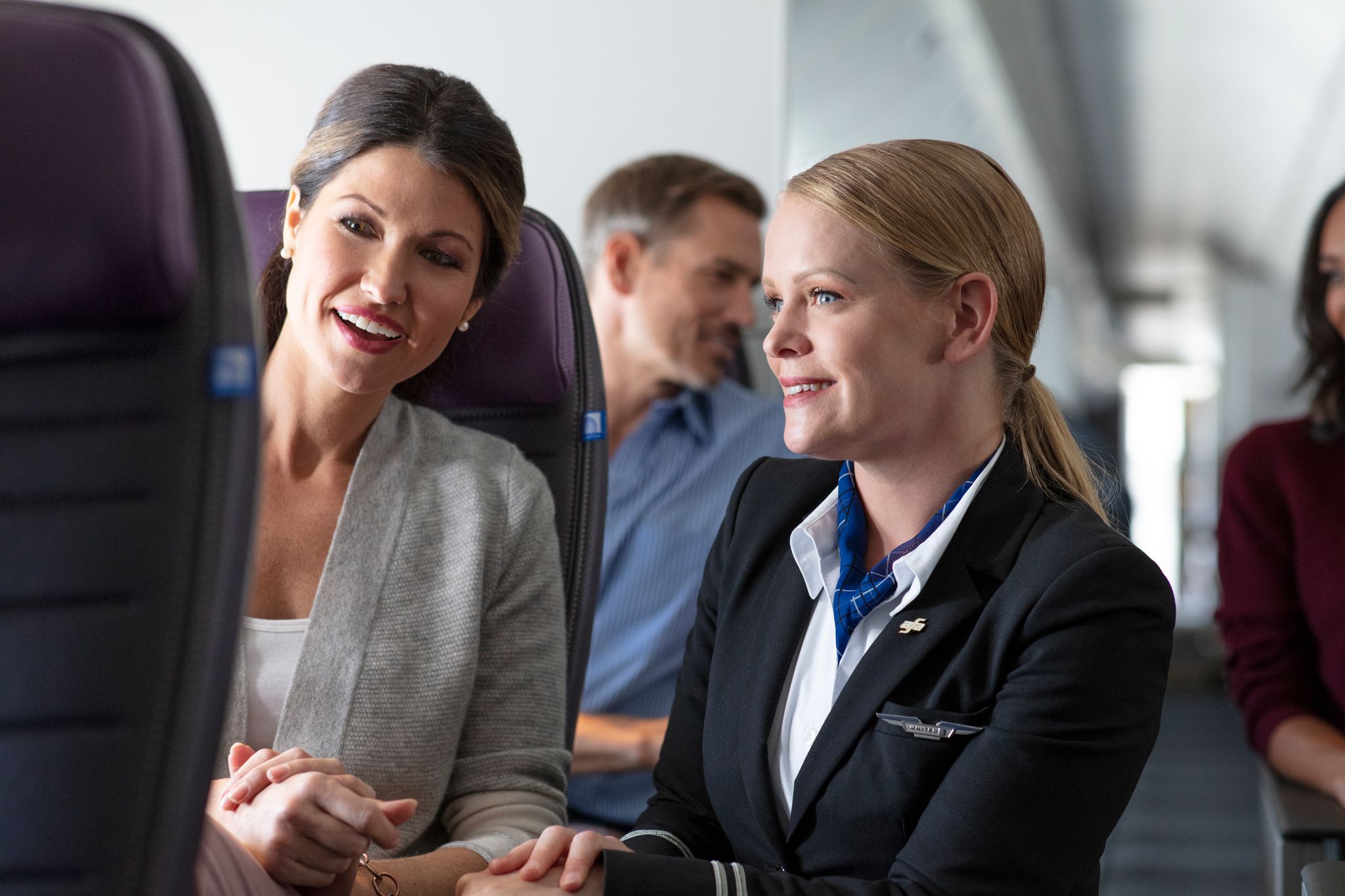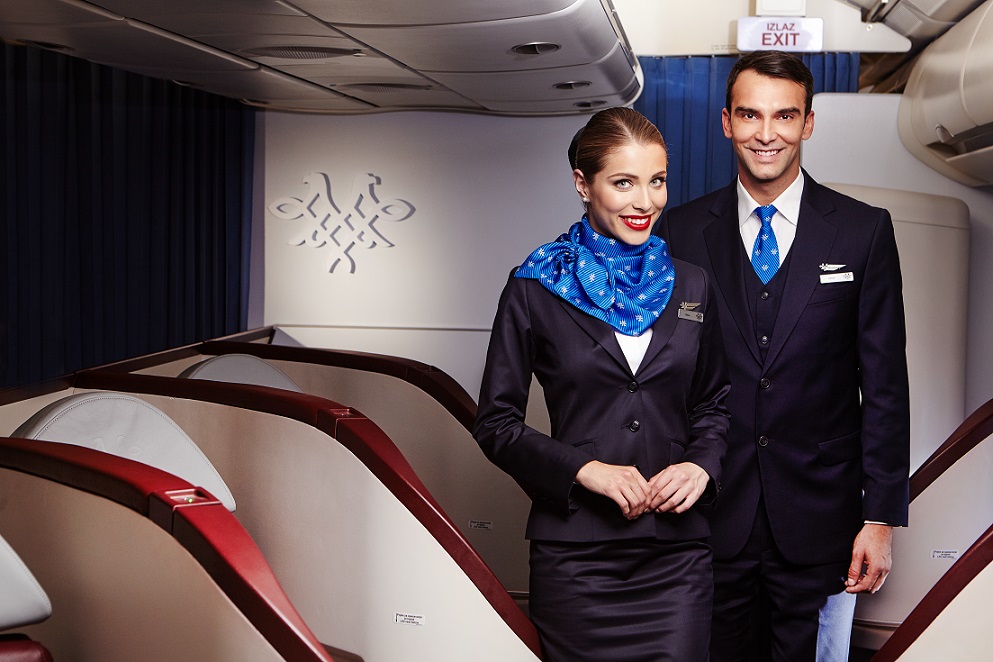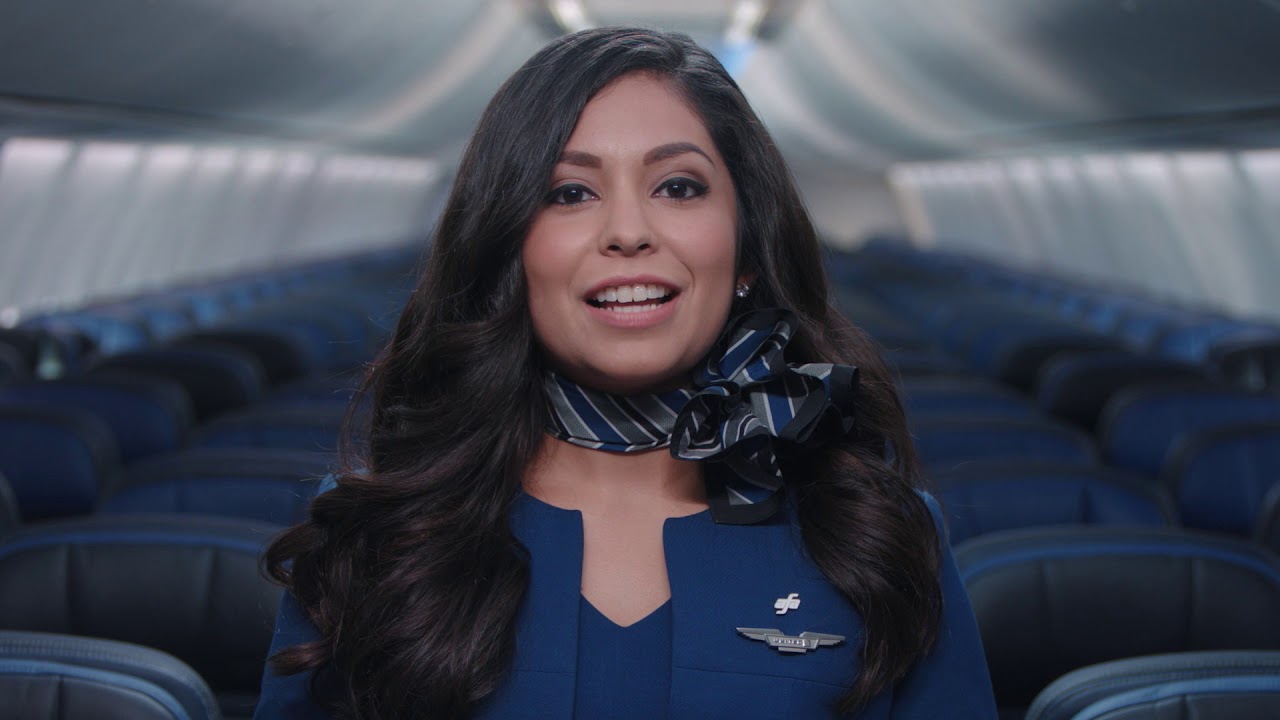Jobs
Three Jobs Weren’t Enough: United Flight Attendant’s Bankruptcy Exposes Truth About Low Pay and Union Politics – View from the Wing

I have tremendous appreciation for the flight attendants who show me little kindnesses along the way as I travel. A smile and a bit of enthusiasm makes the whole trip that much better. And I feel badly for the way that some passengers treat them. With millions of people flying in the U.S. each day there are some bad apples among the customers – and then some. It can be a lot to endure on top of grueling schedules away from home and across time zones.
However I’m going to make some readers mad talking about flight attendant pay for a moment. Flight attendant unions love to highlight the struggles of their newest members, but rarely represent those members well.
After bankruptcy, she feels better:
I maxed out all my credit cards and took out a loan on my old 401k trying to survive on probation (too fearful to work another job and not be available). And for the last year I’ve been working my ass off trying to beat the interest on the credit cards but to no avail.
In my state you can qualify for chapter 7 up until 75k annual income so I did it . I surrendered my car and it even wiped some of my student loans. I sleep so much better at night. Now I can go to the job and worry about shit that doesn’t matter like “sparkling water ” and where coworkers that I’m never gonna see again commute from.
New Contracts Don’t Primarily Benefit The Least Well Off
When American Airlines flight attendants secured a new contract, it meant bigger raises for senior flight attendants not junior ones – both in total dollar terms and even in percentage terms.
- A first year flight attendant got a $5.47 per hour (18%) raise, while a 13th year flight attendant got $13.99 (20%) more per hour. Retro pay was similarly orders of magnitude greater for senior cabin crew compared to junior ones that the union trotted out for sympathy.
- New flight attendants also see much more grueling schedules than before the new deal, to give even work schedules to senior crew.
First and second-year flight attendants are at the forefront of messaging over a new contract, but benefit much less than their more senior colleagues when a new deal finally happens.
In fact, one American Airlines flight attendant base President campaigned against the new contract because it gave too big a benefit to junior crew.
Boarding pay disproportionately benefits newer flight attendants who work more, shorter flights than senior crew who work fewer, longer flights. He understood that boarding pay wasn’t really a raise – it was money that didn’t go into the wage – and he preferred it in the wage to benefit senior flight attendants at the expense of junior ones.
It’s precisely that boarding pay is just part of total bargained compensation, and the union tendency to seek benefits for senior members at the expense of junior ones, that it was not a bargaining priority until non-union Delta did it first and shamed them into following suit with their own demands.
The Least Well Off Flight Attendants Suffer To Benefit Senior Colleagues
Airlines basically agree to flight attendant pay on average cost. A more senior flight attendant is not more productive or more valuable to an airline than a junior one. They perform the exact same function.
In order for senior members of the union to earn more, they sacrifice junior members who earn less. That’s the union’s desire, not the company’s.
The only way flight attendants can add more value to the airline is to provide better service, make customers happier, who then become willing to spend a premium to keep flying that airline. Yet no union contract incentivizes this, or allows differential pay on this basis.
A crewmember working a given flight has no other way to become more productive, and so the only way to earn more is to work more flights. Yet over time work rules and regulation limit how much a flight attendant can work (and indeed, there are good fatigue-based reasons for certain limits).

Why Flight Attendants Are Earning More Today
Flight attendants across the industry are making more because Delta Air Lines set a high bar, introducing boarding pay, unilaterally increasing wages and with the industry’s most generous profit sharing by a wide margin.
It’s no surprise that profit sharing is greater, and that customers frequently report that flight attendants at Delta are somewhat friendlier, and no coincidence that Delta flight attendants are unique in that they are also not unionized.
However, profit sharing aside, most raises that flight attendants have seen have largely been just keeping up with inflation and broader wage trends. The primary driver of increased flight attendant pay is the Baumol effect, or cost disease: flight attendant pay rises despite lack of productivity gain because of productivity gains in other sectors.
The cost of a flight attendant goes up because the opportunity cost of a flight attendant doing something in another industry is higher (cross elasticity of demand), not because a flight attendant gets more valuable. And airlines are required to have flight attendants, roughly 1 per 50 seats on an aircraft.

United’s Union Has Slow-Walked A New Contract On Purpose
While United negotiations have dragged on for years, it was only three weeks ago that United flight attendants even specified wage demands as part of their bargaining, and only then at the insistence of federal mediators.
The AFA-CWA union pursued a strategy of pushing American Airlines flight attendant negotiations first. American’s cabin crew are represented by a different union, but AFA-CWA lent their lead negotiator to focus on that other deal. It put American’s flight attendants in jeopardy of having to strike, and created a higher wage floor to negotiate the United deal off of. It’s disingenuous to lay the slow march to a contract at the feet of United management.

It’s Still Tough To Be An Entry-Level Flight Attendant
At around 80 hours a month of flight time, entry-level flight attendants earn about the $30,000 that I earned on an inflation-adjusted basis when I first lived on my own out of college in D.C. I was single, and didn’t have many obligations. I went out to lunch regularly, but ordered the specials, and avoided adding a soda. I had a roommate.
Flight attendants have time for second (and in the case of the flight attendant filing chapter 7, third) jobs but the work still takes a toll.
United crew can expect to see at least 25% more pay immediately (between hourly rate increase and boarding pay) once a new deal goes into effect. This will never be the sort of career where you earn a fantastic living, even as you gain seniority. A senior American Airlines flight attendant under the new contract tops out around $80,000 – more with picking up the most lucrative extra shifts – while an elected union rep can make about 50% more without having to fly.
That sort of pay potential works for a lot of people. But it’s important to understand where it ends up going in, and choose lifestyle accordingly and relative to other possible options.
The other thing to know about entry level pay is that despite it being low, and despite the work being arduous at times, plenty of people still want to do it! So for the right person it turns out to be either a great career, or a great couple of years before moving on to do something else.








